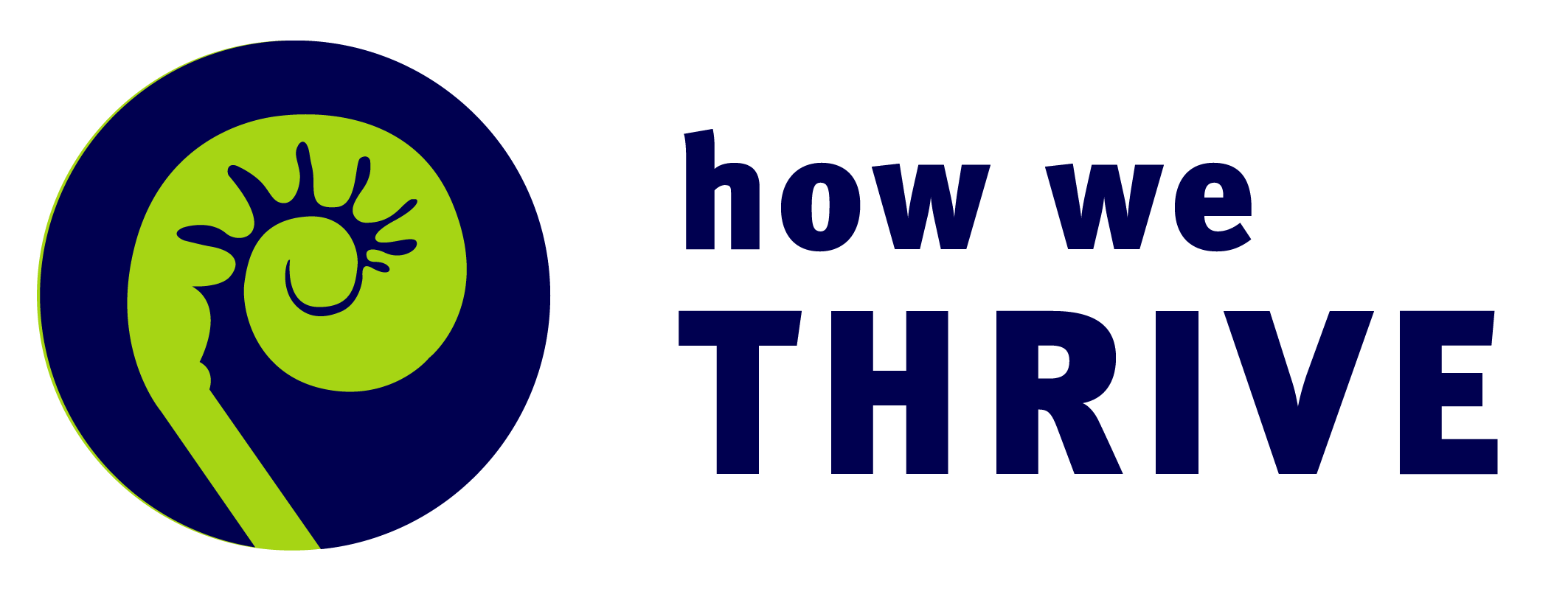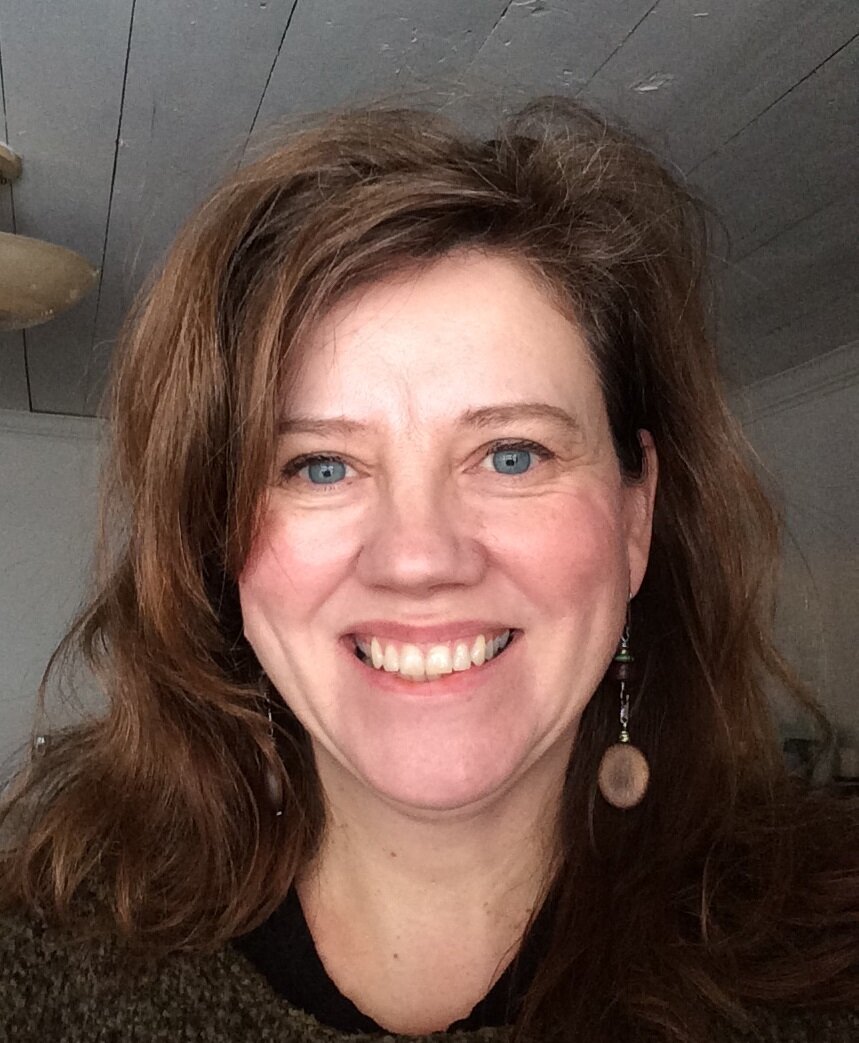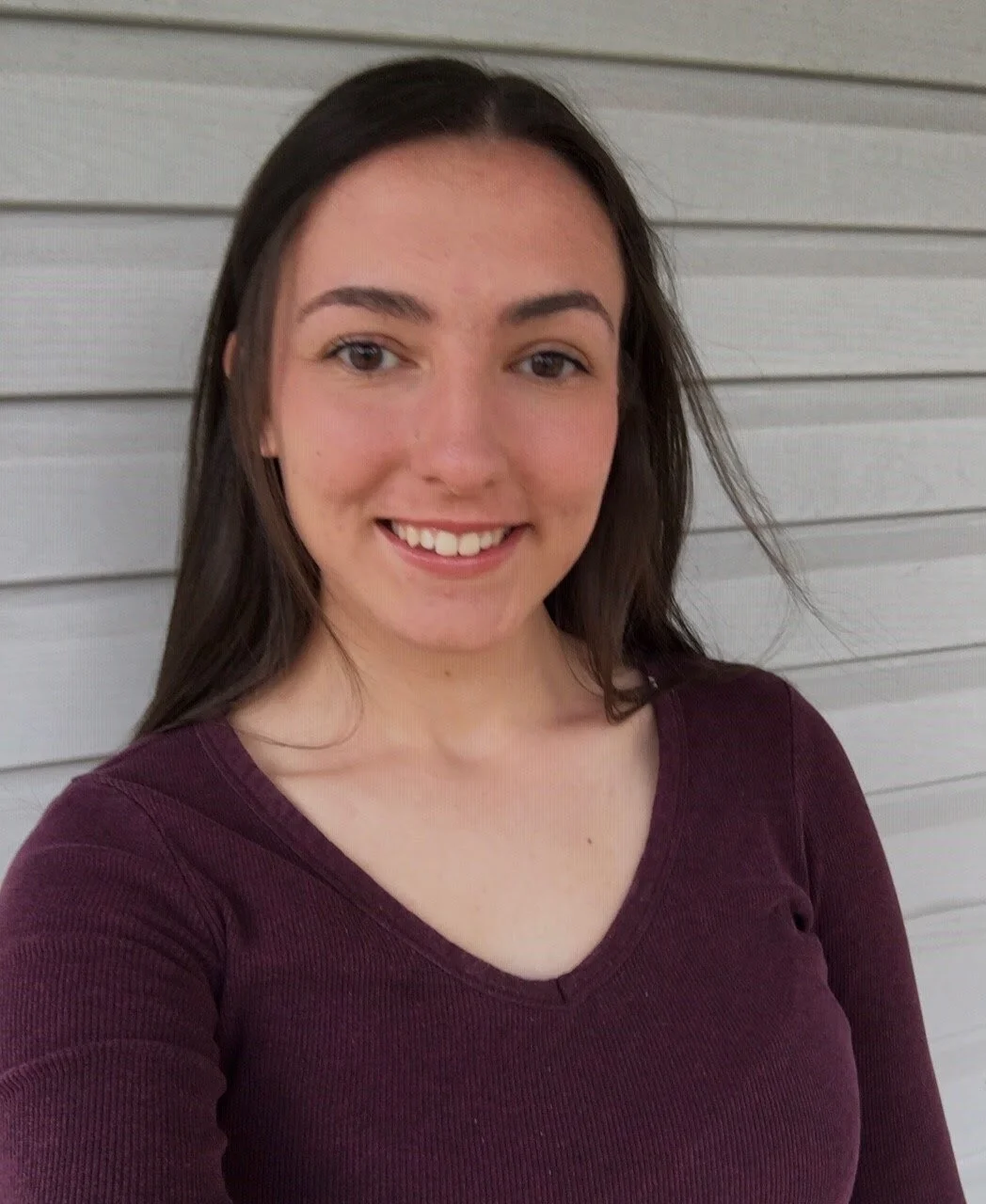Reclaiming ancestral gifts
May 21, 2020
Host: Frances MacEachen. Guests: Margaret (Ma'lklit Gould) Pelletier and Abigail MacDonald
Why it matters
We all carry gifts that have been carefully held, nurtured and passed down from previous generations. Maybe these come from our biological lineage or maybe they come from a people and place we have chosen, or that has chosen us. Often intangible, our gifts of song, story, music, traditional skills and knowledge can be lost through colonization and assimilation. The impact often includes loss of language, displacement of families and entire communities, and damage to our connections with the land. This is a painful loss, which is felt for generations.
Some cultures have elders and tradition bearers who hold the gifts until a new generation is awakened and asks to be taught. With strong intention these gifts can be remembered and reclaimed back into our lives. They can be woven into the knowledge we now need to live well together on this land.
Stories
In this session our host Frances MacEachen (Frangag NicEachainn) engaged two guests who are reclaiming the gifts of their ancestors—Margaret (Ma'lklit Gould) Pelletier, a respected Mi’kmaw Elder who lives in We’koqma’q First Nation, Unmama’ki (Cape Breton), where she was born in 1940, and Abigail MacDonald (Abaidh Dhòmhnullach), a 19-year-old Nova Scotian of Scottish Gaelic and Italian heritage.
Ma'lklit talked about growing up in a happy family that had been relocated to Eskasoni, as part of the Centralization policy of the time. Their homes were burned so they couldn’t return. She was sent to Residential School, but remembers that her parents kept their language and traditions alive during summers at home. She said she learned basket-making from her mother, who also had learned it as a young child.
When asked where the inspiration came from for her beautiful baskets, which had been honoured with multiple awards, Ma’lklit said, “If I was making a basket and you asked me what it was going to look like I’d have to say I didn’t know…. There’s someone in me that’s making the basket, I’m just the physical form doing what she tells me. It might be my ancestors. Basket weaving has always been in my family, for ever and ever. It is something we enjoy. We have pride in making our baskets.”
Frances asked Ma’lklit how she had managed to keep her creativity, resilience, and strength through all the challenges in her life. She said it was because her parents were strong and they kept the language and family together. Also, she was part of a group of Residential School Survivors who had learned so much from each other through sharing their stories, with guidance from Andrea Currie.
Abby then talked about growing up in St. Andrews, Antigonish County, NS. She first heard Gaelic spoken by her father Brian MacDonald (Brian Dòmhnullach), who reclaimed his language as an adult. She grew up surrounded by Gaelic music and culture and, like Ma’lklit, learned these traditions at home, as part of family life. Her father insisted the children speak Gaelic in the mornings, when he made them breakfast, and he taped Gaelic words on the contents of the kitchen cupboards. He was always ready to help her with her with fiddle tunes. With help from a mentor, Abby wrote a Gaelic song about her great grandmother, who was born in 1898. The song tells the story of the day she found out that her husband had died in a train accident, leaving her a widow with seven children to raise. Abby then sang this song for us.
HARVEST
Following are final comments from the Zoom chat-box, curated and organized by themes. See the original transcript.
What struck us
Awakened memory, appreciation, responsibility
Appreciation for the gifts we have received from our people, and the obligation to pass on these gifts.
Extending the life of our ancestors through remembering them, writing and singing songs for their struggles and their lives.
Being an ancestor now, to two different generations of grandchildren!
The conversations have taken me back to my childhood and back before my birth and to my teens and adulthood. So many memories of baskets and their role in the communities I grew up in. Like the "buggy whip," the local basket used to be all pervasive, but it persisted long after the buggies had all but vanished.
Music opens doors to new dimensions and memories.
Hadn't really thought about the effect of my parents and grandparents on my life, but reflecting on it now, they have had a huge influence on who I am today and the actions I take everyday.
The value of language and hearing language in these spaces. The magic of contrasting stories born in many different decades.
Ancestors working through us
When someone is a conduit of language, culture and identity, it is like a moving force within them.
Who is with us on our journey...whose talents, skills, cultural heritage are we carrying forward/manifesting in our daily language and/or cultural heritage interactions/activities?
I was challenged to listen to my grandfather garden through me.
What emerges when we start doing the practices of our ancestors?
Curiosity about the unexplained mystery that guides our actions.
Healing through artisanship. Ancestors working through us.
A question rose in me: Who of my ancestors is inside me when I am doing my stuff and I don’t know how I am doing that?
Our guests so steeped in culture, it just wants to express itself through hands, song, language. Beautiful!
This is wealth
This is a region of incredible richness—of song, of story, of craft, of story, of resilience— and we should forever leave behind the feeling of being a "have-not" region. We must embrace an abundance mindset and appreciate that prosperity should not just be measured in dollar signs and GDP.
Struck by the importance of preserving stories and song as that is how our family and community histories are told and carried on for future generations.
We are weaving together baskets of caring thrivability.
Today’s talk has sparked me to not take the small moments for granted. They might be what my children remember and cherish.
Loss of cultures is a loss for all
To cry, grieve
Thinking about the anger that a history of racism, inequity and cruelty invokes, and how do I process that to be able to find a more positive and constructive way towards hope and reclaiming culture.
Loved what Frances said about our gifts being no burden at all to carry. This inspired conversations to tease out the parts of gifts that are no burden to carry and commit to those, and commit too to look at the parts that make it feel sticky or sorrowful to engage with ancestral gifts...
When a fire almost goes out, it can leap forth even stronger when given even the slightest chance.
I appreciated the fact that my Welsh heritage has benefited from the revitalization of the language that has occurred in my lifetime. Almost none of my family spoke Welsh even during my early twenties, but nowadays the language is taught as a compulsory subject in all schools and is on all media and all signage.
What we’re called to do
Connect with my ancestors more
My grandmother’s influence on me is huge and really has affected who I am today. She taught me so many things, some of which I have been ignoring for a while, like rug-hooking. I feel it is an expression of myself that I need to explore.
Prompted to open more to my ancestral story...and grow through it.
A deep need not only to continue learning the languages of my ancestors but to reach out to my extended family by phone and begin gathering the stories of our people and the land we come from . Absolutely singing more, learning the I'll folk songs of the Gaels and Acadians
Definitely sparked a desire to put more energy into reclaiming my Gaelic heritage and also to engage more with the other cultural communities that call Mi'kmaki home.
It’s calling me to reconnect with my Japanese ancestors to learn where they came from before the 1800s when they came to Canada
Learn, share, create, celebrate
Want to continue to explore and learn indigenous stories and culture and wisdom. And more broadly, want to explore the concept of “indigeneity” altogether, including the idea that the European settlers of the New World were often themselves survivors of trauma.
How to tell province- or region-wide stories that deepen togetherness, ability to see and respond? How to circulate and scale up?
It has confirmed that there is an essential place in our world for celebrating and practicing the simple things in life— the skills and tools of our bodies through which we can channel love and tradition and customs that help to ground us and give us perspective.
Inspired to sing more!! With others and alone! Singing for ancestors, for ourselves, and for the ones coming.
Deep gratitude for our ancestors who intuitively held families and cultures together despite great adversity. Inspired to honour that effort through continuing to learn, share and create.
No burden to carry….really?
A further reflection by Frances MacEachen
My daughter Lili, who closed with a Gaelic song, was one of my thinking partners as I planned this session. The next day I was reading the chat-box comments out loud to her and she had a strong reaction to one of them: “Loved what Frances said about our gifts being no burden at all to carry…”
"No burden to carry!” Lili exclaimed. “What do you mean? . . . These are hard to carry!!"
At the tender age of 19 Lili has already experienced loss, sadness and even ridicule for speaking her Gaelic language.
My meaning has been that they should be no burden to carry. That they are non-material, in our hearts, bones, minds. They are not a load to carry on our back, a building we must maintain, a piece of material wealth that we must guard. They are cathedrals of the mind, so to speak. No one should be able to take them from us.
But they have.
I understood her. The way these gifts have come to us or are reclaimed, in the world we live in now, and have for so long, means they are very challenging to carry and pass on. People have suffered to carry them and continue to suffer. The same can be said for skills and work needed to humanely feed ourselves, to live in community, and just to be different in an increasingly homogenous world that desperately needs diversity.
The Narrative Project focuses on the gifts we want more of. However, whether it be food, arts and culture, or ancestral gifts, there is an undercurrent of sadness and difficulty to it all. So much has been lost. So much has been taken. So much pain and loneliness are involved in carrying the gifts, doing the work. Anger, even, at what appears to be the denial and glossing over.
One of my Gaelic friends said of the session: “That was warm and comfy.” Digging deeper she shared her truth that she is angry to see Mi’kmaw baskets sold for high prices now to benefit collectors—baskets that were probably sold for hardly anything years ago, as their makers went door to door. Imagine the racism they experienced at some of the doors. We shared similar stories from our own culture. We face so many challenges in simply trying to reclaim our parents’ language.
But what to do with all this? How do we build something on a foundation of anger, sadness, sorrow? What can we do in a short Zoom call? There were beautiful comments from the chat, as there are from every session we have had. Am I expecting too much?
We can get so wrapped up in the problem that it becomes personal. We become the problem. Or someone else becomes the problem. It feels hard to build from there.
So, is there another way?
Is there a way to name and grieve the loss and pain? I have a teacher who says that unacknowledged pain and grief are like ghosts that follow us, looking to be given our attention. They will make themselves known, at some point and sometimes in painful, destructive ways.
I share these thoughts in a spirit of questioning and learning together.




